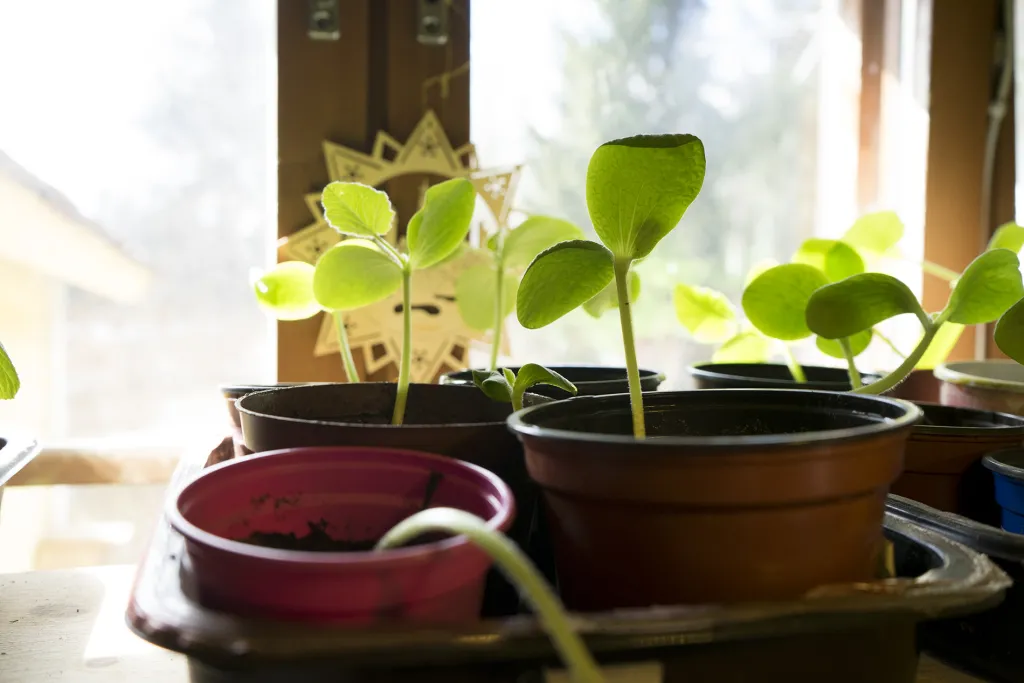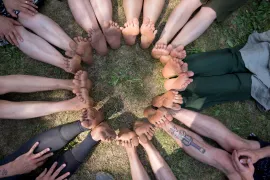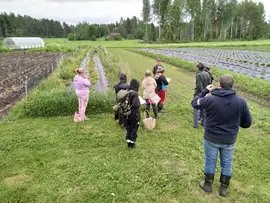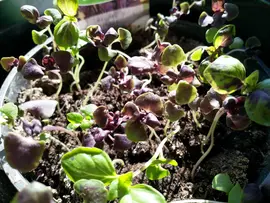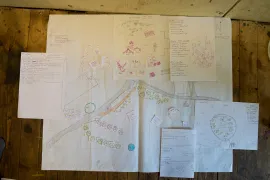Social permaculture incorporates a wide range of principles and practices, such as promoting diversity and inclusiveness, encouraging collaboration and cooperation, and working with natural systems and processes. It emphasizes the importance of creating resilient and sustainable communities that are able to adapt and thrive in the face of change and challenges.
Social permaculture can be applied to a variety of settings, including neighborhoods, villages, towns, and cities. It is a holistic approach that considers the many different aspects of human communities, such as economic systems, governance structures, social networks, and cultural practices. By incorporating social permaculture principles and practices, it is possible to create more sustainable, resilient, and equitable human communities.
Articles tagged with social permaculture
Reflecting on Tools for cultural change course
As I reflect on the week I spent in Denmark on the Erasmus+ course called Tools for cultural change, I feel grateful. This intensive program dived into the complexities of cultural transformation, offering both profound insights and amazing… more
Introduction to Permaculture course at Beyond Buckthorns
On the first weekend of July 2023 Beyond Buckthorns was buzzing with excitement. Eleven awesome people got together to learn about permaculture in Finnish language, with me, Lumia as their teacher.
The 2023 Permaculture Design Course
Teaching a PDC is a rewarding task. In June 2023 we hosted our second PDC at Beyond Buckthorns.
People Care, a Manifesto, Part Three
Nothing will change in ourselves, our communities or the society around us unless we change our beliefs first. We cannot bring our sick culture into permaculture and expect it to work. We must embrace the permaculture ethic of people care and… more
People Care, a Manifesto, Part Two
If the goal of permaculture is to supercede the current culture of wastefulness, anti-earth care, industrialism and division, it will not succeed as long as we bring our old bully culture, the anti-people care world view into the new system we… more
People Care, a Manifesto, Part One
Is permaculture just a fancy name for ”cooler” organic gardening?
A modern way into the Permaculture Design Certificate
In 2022 we run our first PDC here at Beyond Buckthorns. Dominik designed it using permaculture ethics and design. Read about observations and the design.

